The Art of Sleeping in Makeup: A Guide to Overnight Beauty and Skin Health
Related Articles: The Art of Sleeping in Makeup: A Guide to Overnight Beauty and Skin Health
Introduction
With great pleasure, we will explore the intriguing topic related to The Art of Sleeping in Makeup: A Guide to Overnight Beauty and Skin Health. Let’s weave interesting information and offer fresh perspectives to the readers.
Table of Content
The Art of Sleeping in Makeup: A Guide to Overnight Beauty and Skin Health
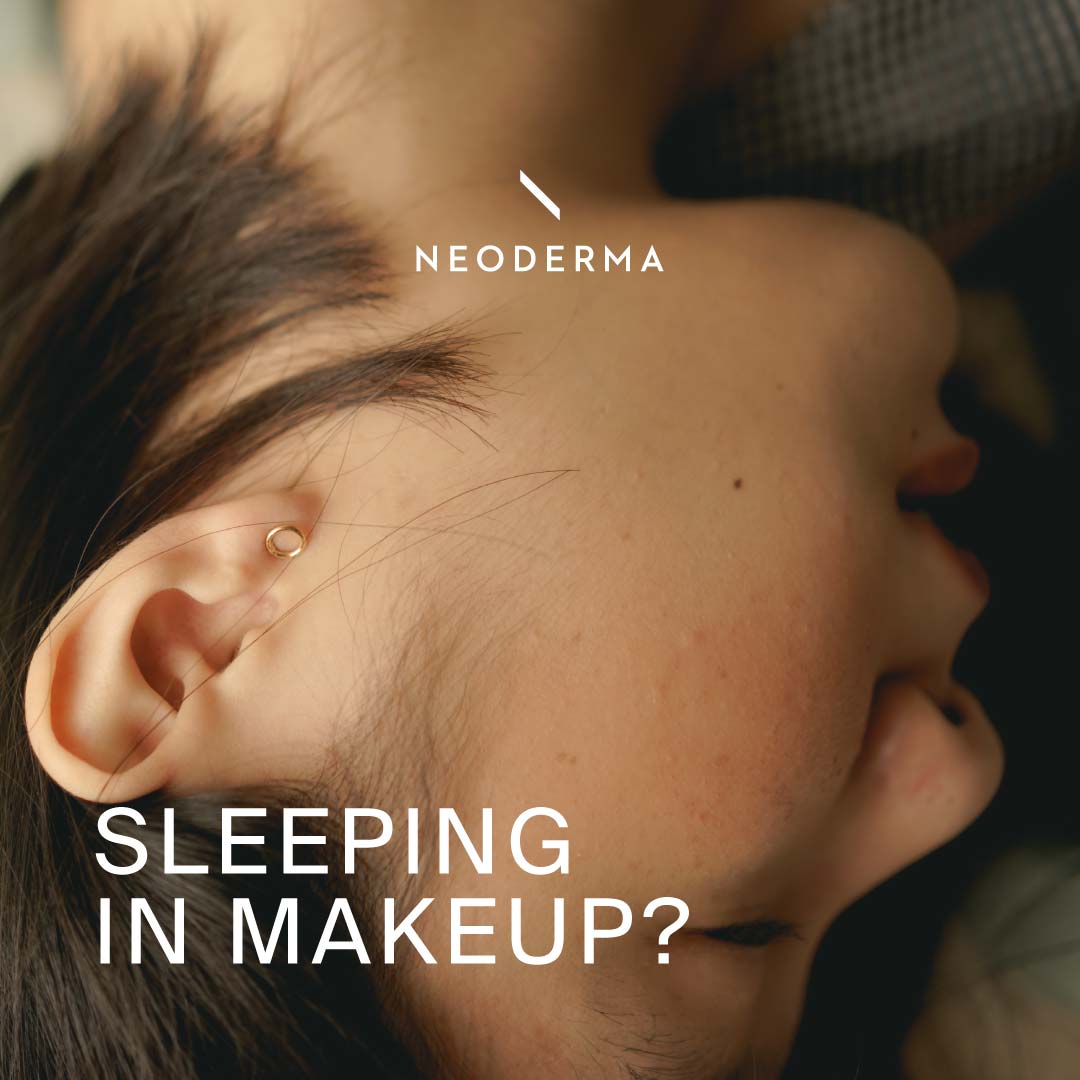
The allure of a flawless face, even after a night’s rest, is undeniable. But the question arises: is sleeping in makeup a viable option for achieving that goal? While the idea may seem appealing, the reality is far more nuanced. This article explores the complexities of sleeping in makeup, examining its potential benefits and drawbacks, and providing a comprehensive guide to navigating this beauty dilemma.
Understanding the Risks: Why Sleeping in Makeup Can Be Detrimental
The practice of sleeping in makeup, while seemingly innocuous, can have significant adverse effects on the skin. The primary concern lies in the potential for clogged pores and irritation, leading to a cascade of skin issues.
-
Clogged Pores and Breakouts: Makeup, particularly foundation, concealer, and powder, can trap dirt, oil, and bacteria on the skin’s surface. These trapped elements clog pores, creating an ideal environment for acne and inflammation to develop. This can lead to persistent blemishes, blackheads, and whiteheads, hindering the skin’s natural ability to breathe and regenerate.
-
Irritated and Sensitive Skin: Many makeup products contain ingredients that can irritate sensitive skin, especially when left on overnight. This can manifest as redness, itching, dryness, and even allergic reactions. Individuals with existing skin conditions, such as eczema or rosacea, are particularly susceptible to these negative effects.
-
Premature Aging: Sleeping in makeup can accelerate the aging process by hindering the skin’s natural repair mechanisms. The trapped impurities impede cell turnover, leading to a dull complexion, uneven skin tone, and the appearance of fine lines and wrinkles. Additionally, some makeup ingredients can contribute to oxidative stress, further damaging the skin’s structure.
The Case for Sleeping in Makeup: When It Might Be Acceptable
While the risks associated with sleeping in makeup are significant, there are specific scenarios where it might be considered acceptable, albeit with caution.
-
Minimal Makeup Application: If only a light layer of makeup is applied, primarily consisting of mascara and lip gloss, the risk of clogging pores and irritation is significantly reduced. However, it’s essential to ensure that the products are non-comedogenic (won’t clog pores) and free of harsh chemicals.
-
Occasional Use: For special occasions, where removing makeup before bed is impractical, sleeping in a minimal amount of makeup might be acceptable. However, this should be a rare occurrence, and the focus should be on gentle cleansing and proper skincare in the morning.
-
Specific Products: Certain products, such as tinted moisturizers and lightweight BB creams, are designed for minimal coverage and may be less likely to cause skin issues when worn overnight. However, it’s crucial to select products specifically formulated for this purpose and to always prioritize thorough cleansing in the morning.
Navigating the Middle Ground: The Importance of Skin Care
The key to achieving a balance between beauty and skin health lies in a comprehensive approach to skincare. This involves incorporating a consistent routine that prioritizes cleansing, exfoliation, and hydration.
-
Thorough Cleansing: The cornerstone of healthy skin, regardless of whether makeup is worn overnight, is a meticulous cleansing routine. Choose a gentle cleanser formulated for your skin type and remove all traces of makeup before bed. Double cleansing, using an oil-based cleanser followed by a water-based cleanser, can effectively remove even the most stubborn makeup.
-
Regular Exfoliation: Exfoliation helps remove dead skin cells, unclog pores, and promote cell turnover. This can help prevent breakouts and improve the skin’s overall appearance. Choose a gentle exfoliating scrub or chemical exfoliant, depending on your skin’s sensitivity.
-
Hydration and Nourishment: Adequate hydration is essential for maintaining a healthy skin barrier. Use a moisturizer suitable for your skin type to replenish moisture and protect the skin from environmental stressors. Consider incorporating serums and masks to target specific skin concerns.
FAQs: Addressing Common Questions About Sleeping in Makeup
Q: Is it okay to sleep in mascara?
A: Sleeping in mascara is generally not recommended. Mascara can dry out the delicate eyelashes, leading to breakage and even infections. Furthermore, the mascara formula can easily transfer to the skin, potentially causing irritation and clogged pores.
Q: What about lipstick?
A: While lipstick might seem less problematic than other makeup products, it can still contribute to clogged pores and irritation, especially if it contains heavy pigments or drying ingredients. It’s best to remove lipstick before bed.
Q: Can I sleep in foundation?
A: Sleeping in foundation is strongly discouraged. Foundation is designed to cover imperfections, and its thick formula can easily clog pores and lead to breakouts. Additionally, it can transfer onto the pillowcase, creating a breeding ground for bacteria.
Q: What about eye shadow?
A: Eye shadow, especially shimmery or glitter-based formulas, can irritate the delicate skin around the eyes. It can also clog pores and lead to breakouts, especially if it contains heavy pigments. It’s best to remove eye shadow before bed.
Q: Are there any products I can sleep in?
A: Some products specifically formulated for overnight use, such as sleep masks and overnight treatments, can be worn safely while you sleep. These products often contain hydrating and nourishing ingredients to support skin health. However, always check the product label and consult with a dermatologist if you have any concerns.
Tips for Sleeping in Makeup: A Balanced Approach
If you choose to sleep in makeup, consider these tips to minimize the risks:
- Minimal Application: Use only a light layer of makeup, focusing on areas that require minimal coverage.
- Non-Comedogenic Products: Select products specifically formulated to be non-comedogenic, meaning they won’t clog pores.
- Gentle Removal: Use a gentle makeup remover and cleanse thoroughly before bed, even if you have only minimal makeup on.
- Hydration: Apply a moisturizer after cleansing to replenish moisture and protect the skin.
- Regular Exfoliation: Exfoliate regularly to prevent pore clogging and promote cell turnover.
- Listen to Your Skin: Pay attention to any signs of irritation or breakouts and adjust your makeup routine accordingly.
Conclusion: Prioritizing Skin Health
Sleeping in makeup can be a tempting shortcut to achieving a flawless look, but it’s crucial to weigh the potential risks against the perceived benefits. While occasional use of minimal makeup might be acceptable, prioritizing a consistent skincare routine that emphasizes cleansing, exfoliation, and hydration is paramount. By making informed decisions and embracing a balanced approach, you can achieve both beauty and skin health, ensuring a radiant complexion that lasts beyond the night.
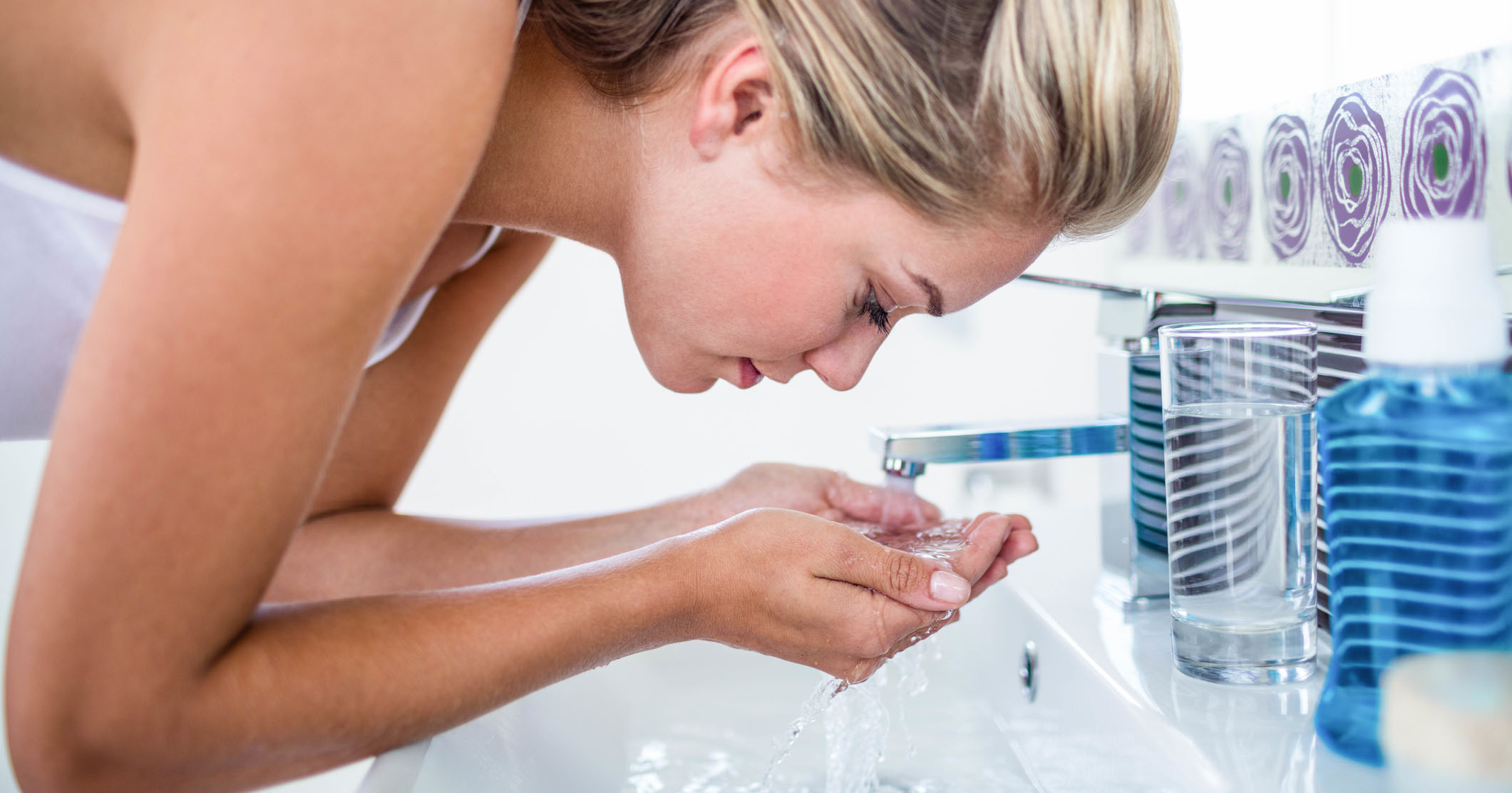
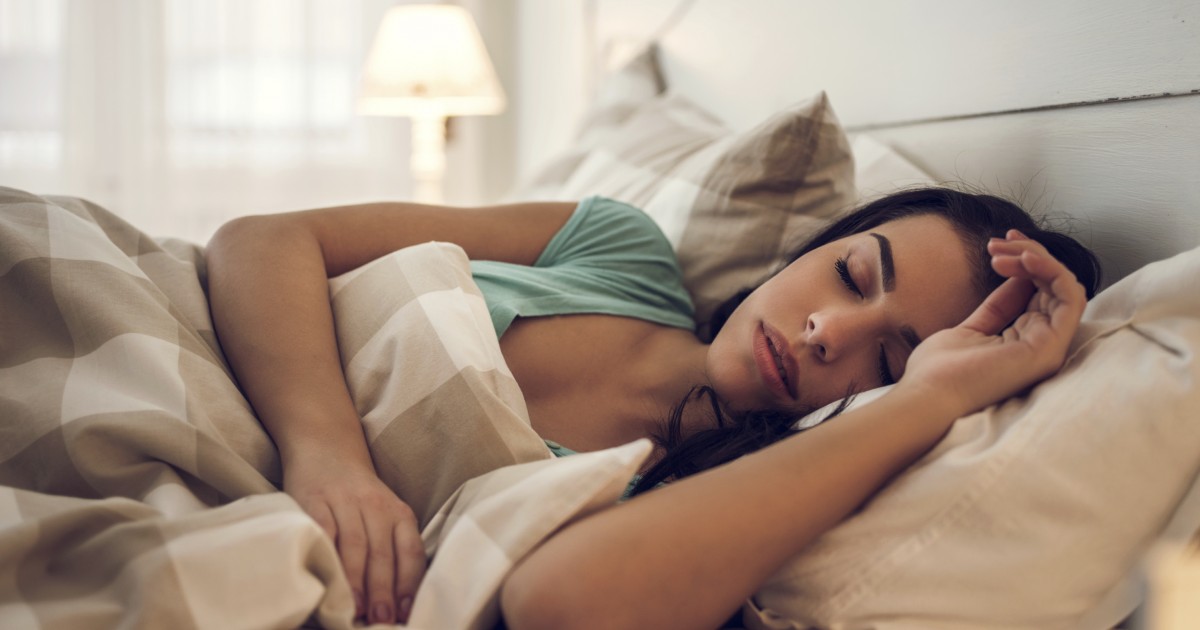

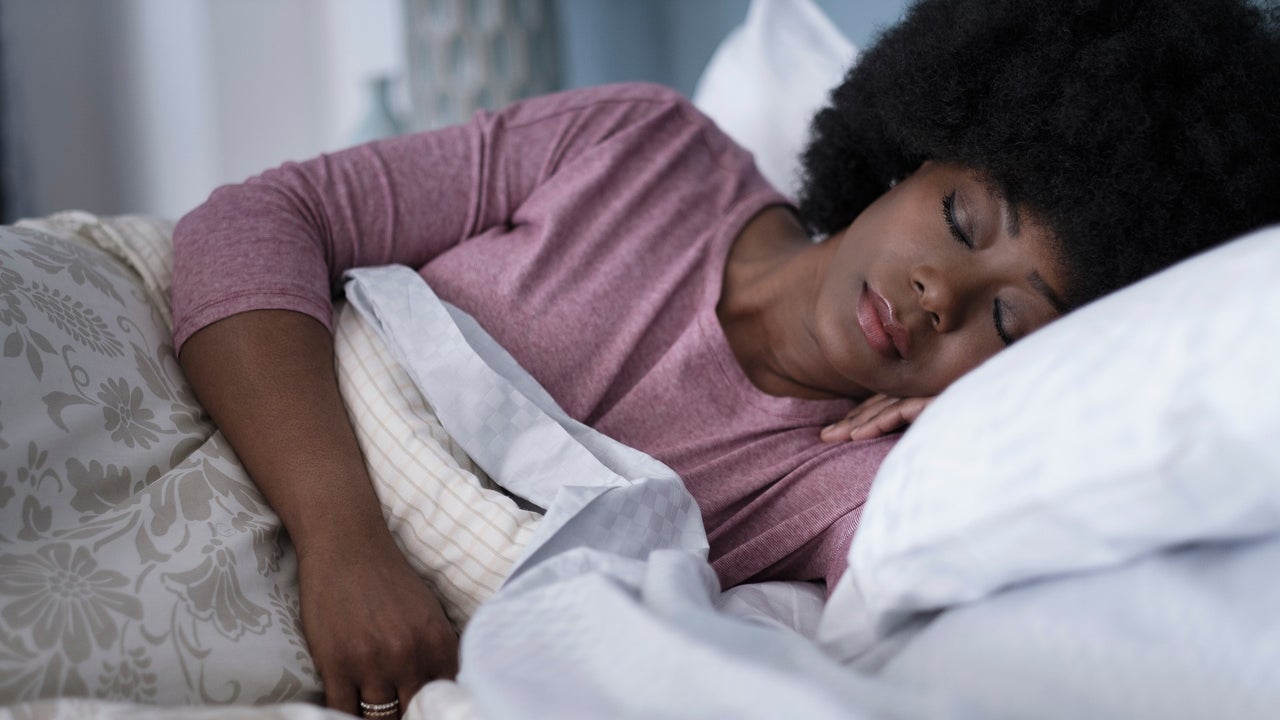

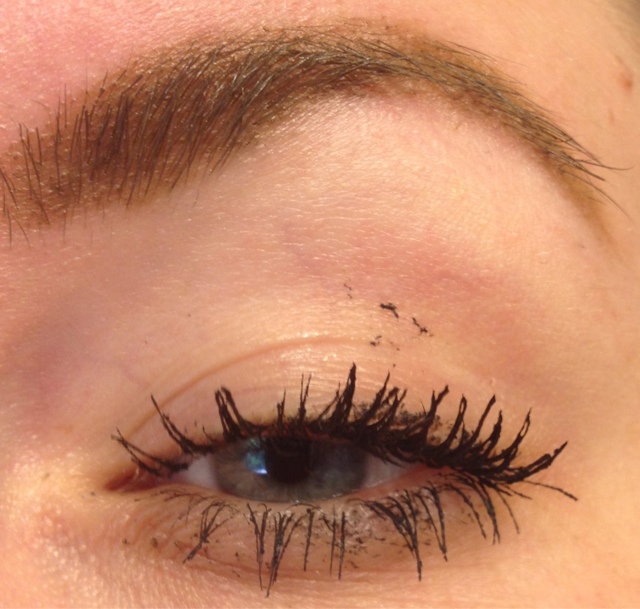


Closure
Thus, we hope this article has provided valuable insights into The Art of Sleeping in Makeup: A Guide to Overnight Beauty and Skin Health. We thank you for taking the time to read this article. See you in our next article!
